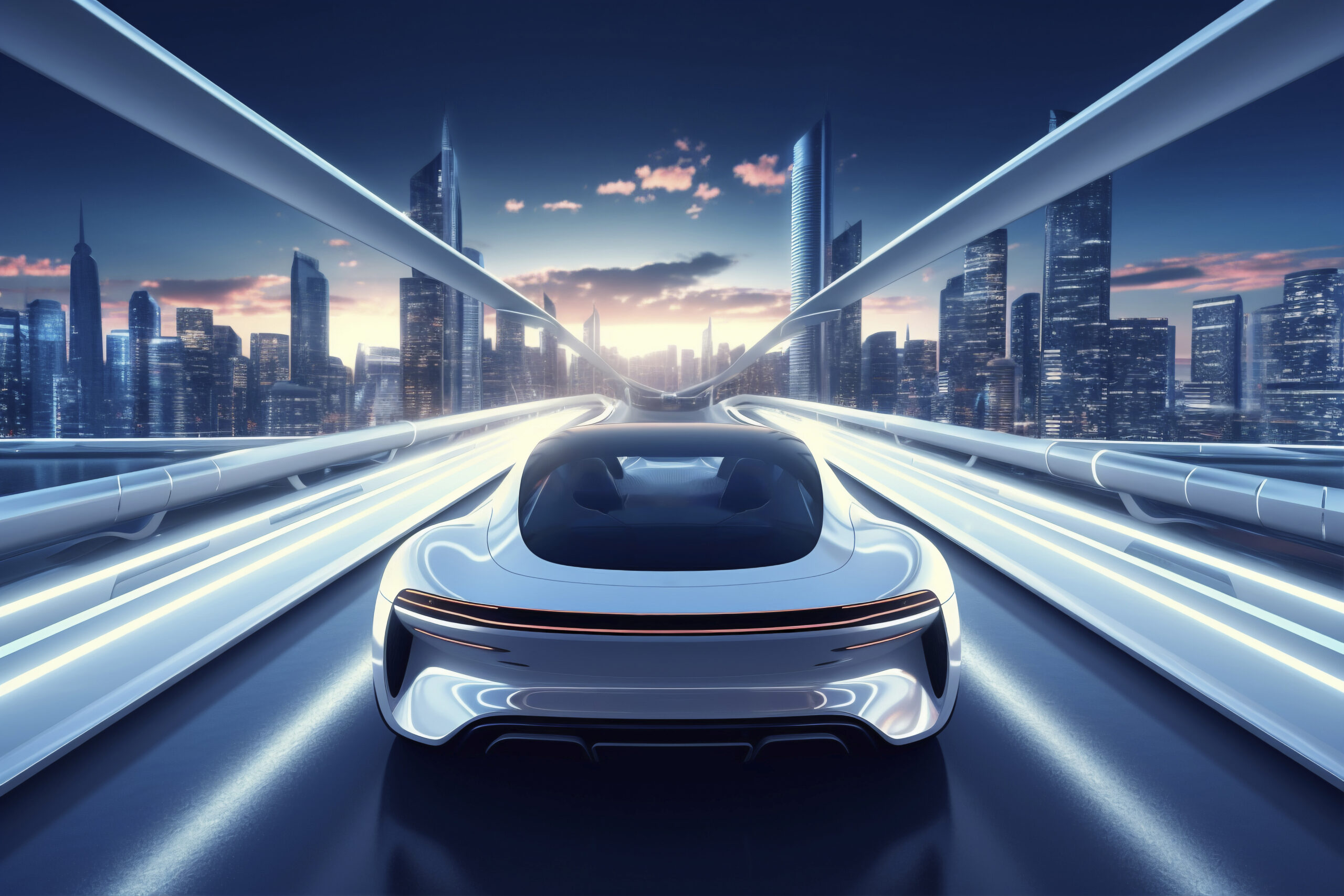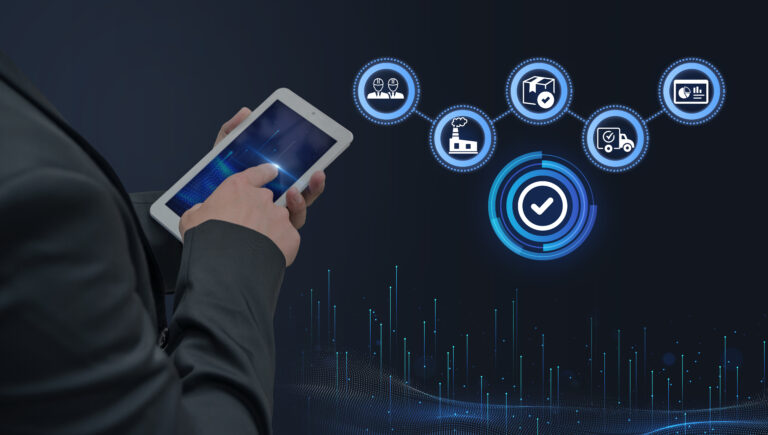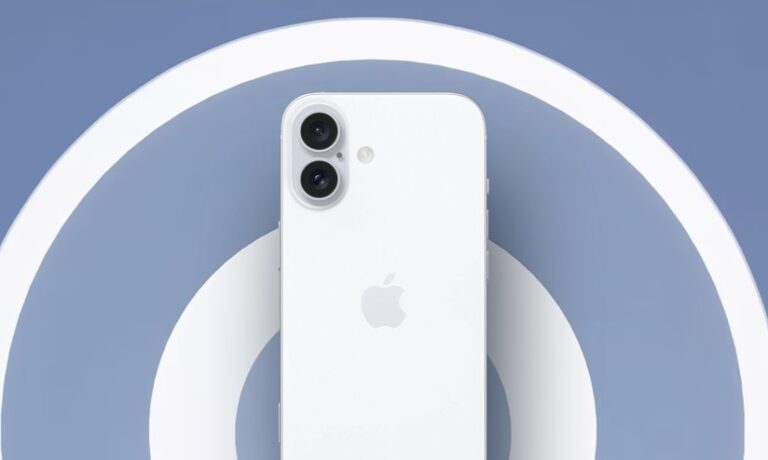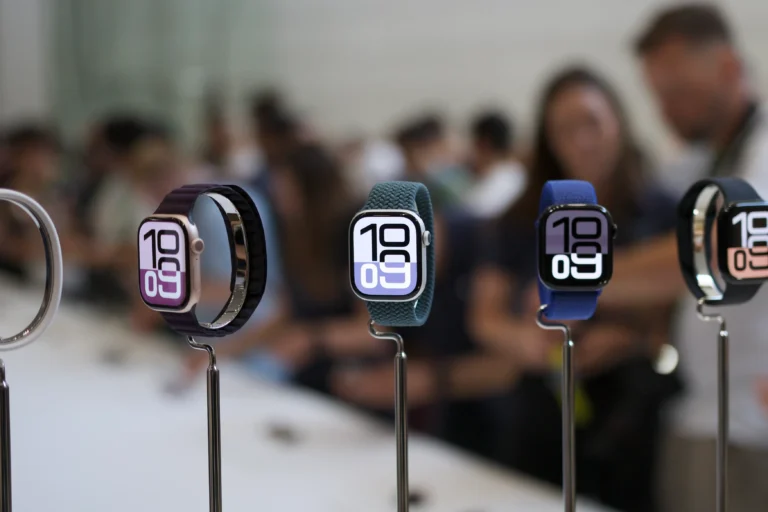The Future of Tech in Transportation
The transportation industry is on the brink of a major transformation, driven by technological advancements that promise to make travel faster, safer, and more efficient. From autonomous vehicles and electric cars to hyperloop systems and drone deliveries, here’s a glimpse into the future of tech in transportation.
Autonomous Vehicles
Autonomous vehicles, or selfdriving cars, are set to revolutionize the way we travel. Companies like Tesla, Waymo, and Uber are developing advanced autonomous driving systems that use a combination of sensors, cameras, and AI to navigate roads without human intervention. These vehicles promise to reduce accidents caused by human error, improve traffic flow, and provide greater mobility for people who are unable to drive.
Electric Vehicles (EVs)
Electric vehicles are gaining popularity as a cleaner, more sustainable alternative to traditional gasolinepowered cars. Advances in battery technology are making EVs more affordable and increasing their range. Major automakers like General Motors, Ford, and Volkswagen are investing heavily in electric vehicle development, with many planning to transition to fully electric lineups in the coming decades. The rise of EVs is expected to reduce greenhouse gas emissions and dependence on fossil fuels, contributing to a more sustainable future.
Hyperloop Systems
Hyperloop technology, pioneered by companies like SpaceX and Virgin Hyperloop, promises to revolutionize longdistance travel. Hyperloop systems use magnetic levitation to propel pods through lowpressure tubes at incredibly high speeds, potentially exceeding 700 miles per hour. This technology could drastically reduce travel times between cities, making it possible to commute long distances in a fraction of the time it currently takes.
Drone Deliveries
Drones are poised to transform the logistics and delivery industry. Companies like Amazon and UPS are testing drone delivery systems that can quickly and efficiently transport packages to customers’ doorsteps. Drones can bypass traffic and deliver goods to hardtoreach areas, making lastmile delivery faster and more reliable. In addition to consumer goods, drones are also being used to deliver medical supplies and emergency aid, showcasing their potential to save lives in critical situations.
Smart Infrastructure
The future of transportation is not just about vehicles but also the infrastructure that supports them. Smart infrastructure includes advanced traffic management systems, connected traffic lights, and intelligent roadways that communicate with vehicles to optimize traffic flow and reduce congestion. Cities around the world are investing in smart infrastructure to create more efficient and sustainable urban environments.
RideSharing and MobilityasaService (MaaS)
Ridesharing services like Uber and Lyft have already changed the way we think about transportation, and the concept of MobilityasaService (MaaS) is set to take this further. MaaS platforms integrate various forms of transportation, such as ridesharing, public transit, bikesharing, and car rentals, into a single service. This allows users to plan and pay for their trips using one app, making transportation more convenient and reducing the need for private car ownership.
Advanced Air Mobility
The concept of flying cars and urban air mobility is becoming a reality with advancements in electric vertical takeoff and landing (eVTOL) aircraft. Companies like Joby Aviation and Volocopter are developing eVTOL vehicles that could provide urban air taxi services, reducing congestion on the ground and offering a new mode of transportation for city dwellers. These aircraft promise to make commuting faster and more efficient, particularly in densely populated urban areas.
Sustainable Public Transit
Public transportation systems are also undergoing significant technological upgrades. Electric buses, trams, and trains are becoming more common, reducing the carbon footprint of public transit. Innovations like autonomous buses and highspeed rail are making public transportation more efficient and appealing to commuters. Investment in sustainable public transit infrastructure is crucial for reducing traffic congestion and promoting environmentally friendly travel.
Conclusion The future of tech in transportation is bright and full of possibilities. Autonomous vehicles, electric cars, hyperloop systems, drone deliveries, smart infrastructure, ridesharing, advanced air mobility, and sustainable public transit are all poised to transform how we move from one place to another. These advancements promise to make transportation safer, more efficient, and more sustainable, addressing some of the biggest challenges facing our modern world. Embracing these technologies will be key to creating a future where transportation is seamless, convenient, and environmentally friendly.






